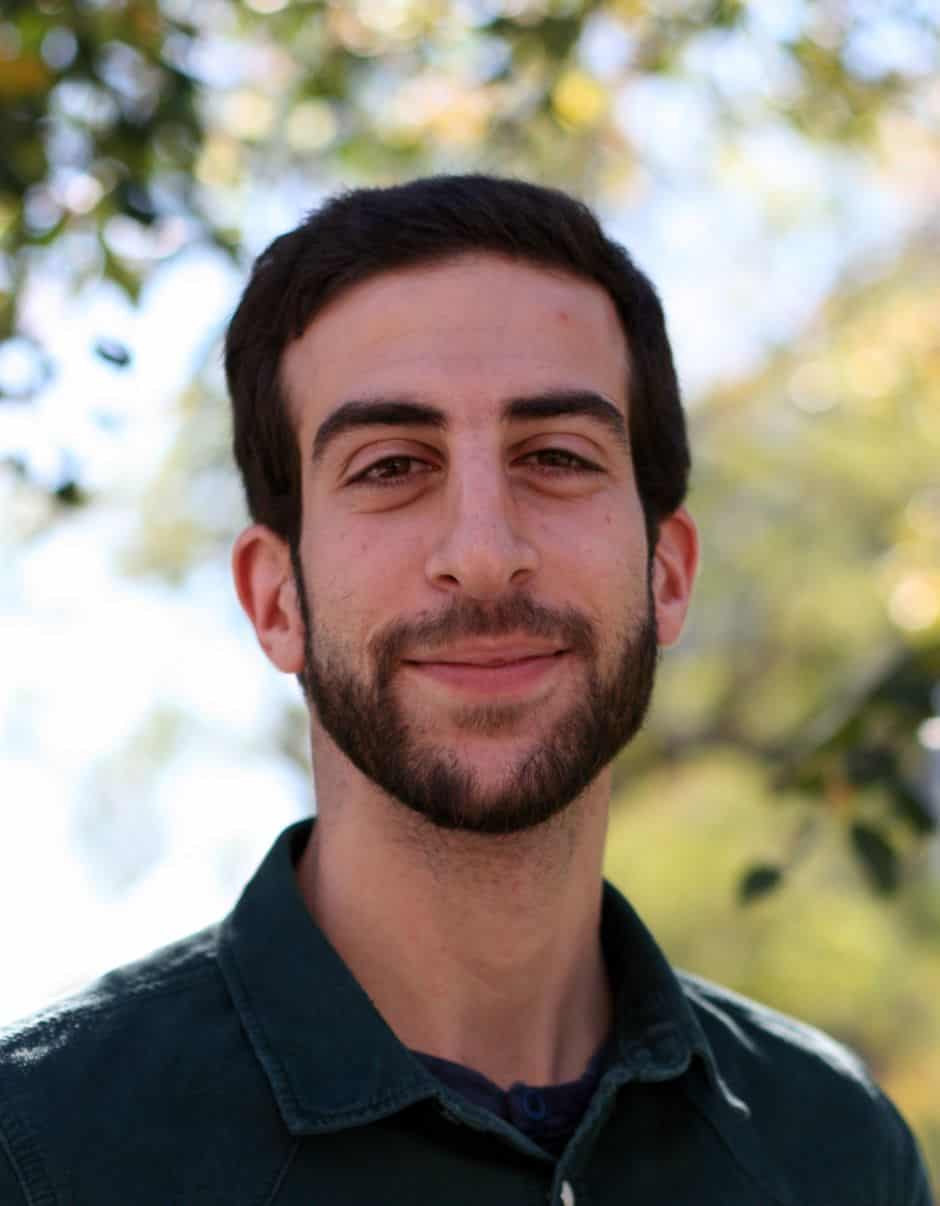Introduction
The explosion of outside spending unleashed at the federal level by the 2010 Citizens United Supreme Court ruling also rocked state races.
Contests for the top executive and judicial spots, in states whose bans on corporate outside spending were invalidated by the ruling, were newly shaped by unlimited cash from out-of-state corporate and union treasuries.
The D.C.-based governors’ associations led the way, nearly keeping pace with candidate spending in several close races. Governors’ races in Montana, Washington and New Hampshire were neck-and-neck as voters were besieged by ads financed by outside spending groups through Election Day.
Montana governor’s race
Republican Rick Hill held a slim lead in his race against Democrat Steve Bullock for governor of Montana in a race that had not been determined at this writing. The Republican Governors Association used a super PAC, created in the wake of Citizens United, to support Hill.
RGA Right Direction PAC ran ads in Montana attacking Bullock, and also used its super PAC to funnel millions directly to candidates and parties on the state level.
The candidates both raised about $2 million according to Montana-based campaign finance watchdog the National Institute on Money in State Politics. But outside groups spent at least as much (and gave a rare half-million-dollar contribution directly to Hill in early October).
When a federal judge struck down Montana’s limits on giving directly to candidates in early October, the RGA sent $600,000 to the Montana Republican Party, which gave $500,000 to Hill the next day.
The previous limit on party giving to gubernatorial candidates was $22,600. Four days later, a federal appeals judge reinstated those limits, but not before Hill got the donation, which accounted for a quarter of his fundraising.
Meanwhile, Steve Bullock, who defended the state’s campaign finance laws as attorney general after a shadowy nonprofit sued the state over spending and contribution limits as well as disclosure requirements, benefited from outside spending by the D.C.-based Democratic Governors Association.
The DGA-funded JET PAC spent at least $1.7 million on ads, about the same amount that candidate Bullock raised. One of the ads featured current Gov. Brian Schweitzer endorsing Bullock for the job.
Nail-biter in Washington state
The RGA has made its mark on three states where it sought to take governors’ mansions inhabited by Democrats.
In Washington, Democrat Jay Inslee and Republican Rob McKenna were essentially tied late Tuesday — the governors associations played a large role right up until voting day. The race had yet to be called by this writing.
McKenna edged out Inslee in fundraising, but got an even larger boost from the RGA, which outspent its Democratic counterpart by $2 million, according to the Washington Secretary of State.
In the two weeks before the election, the RGA plastered the state with $1.3 million in ads calling Inslee a “D.C. congressman” who is “part of the problem.” The late ad spending was four times as much as a DGA-funded group, called Our Washington, could muster before Nov. 6.
In New Hampshire, Democrat Maggie Hassan crushed Republican Ovide Lamontagne on Tuesday, despite a major effort by the RGA-funded Live Free PAC. The RGA spent nearly $8 million on ads — a quarter of it since Oct. 18 — attacking her tax policies.
The DGA-funded New Hampshire Freedom Fund spent about $3 million on ads against Lamontagne, according to the state’s election division.
GOP wins big in North Carolina
The RGA’s major pickup on Election Day was in North Carolina. The state’s ban on corporate and union outside spending was nullified after the 2010 high court decision.
Republican Pat McCrory’s race with Democrat Lt. Gov. Walter Dalton was never close. Dalton suffered from attacks tying him to the unpopular tenure of current Gov. Bev Perdue, who chose not to run for re-election.
McCrory, the former mayor of Charlotte, trounced Dalton on the fundraising front, and also benefitted from a 2-to-1 edge from outside spending on his behalf — according to the North Carolina-based Institute for Southern Studies.
The RGA used corporate treasury money to kick off an early ad campaign against Dalton, tying him to Perdue’s unpopular record. Since May, it raised $5 million, compared to the DGA-funded group North Carolina Citizens for Progress’ $2.6 million.
In states with unlimited contribution limits to candidates, the governors associations made direct donations.
In Missouri, incumbent Democrat Jay Nixon held a solid fundraising advantage and a solid lead in the polls against Republican Dave Spence — which carried through to a 12-point Tuesday victory.
The RGA tried to keep Spence alive with $1.25 million in donations in October alone, and could have given more.
State supreme court results
Since Citizens United, last-minute outside spending has played a major role in state supreme court races. In 2010, about 43 percent of spending on TV ads in judicial races came the week before Election Day, according to the Brennan Center for Justice at New York University Law School.
This year, North Carolina’s incumbent conservative judge Paul Newby squeaked by in a heated contest with Sam Ervin IV that saw heavy outside spending.
Both judges participated in the state’s public financing program, which capped spending after awarding each candidate $240,000.
Outside groups not encumbered by limits, poured money into the race on behalf of Newby. Two groups used corporate and out-of-state funds to run nearly a half-million dollars’ worth of ads in the final week alone, including a $50,000 outlay for an ad called “Noise” on Nov. 5, sponsored by the North Carolina Judicial Coalition.
The other pro-Newby group, North Carolina Justice for All, ran an ad on Nov. 1 that asked “can we trust Sam Ervin?”
Justices retained
Three Florida justices easily won bids to keep their jobs Tuesday, and an Iowa justice hung onto his seat on the bench. The races were subjected to massive outside spending on ads and even dueling bus tours.
Eighteen states require appointed Supreme Court justices to periodically face voters in “merit retention elections.” If a majority votes against a judge, the governor appoints new justices from a list of names submitted by a nonpartisan nominating commission.
Florida justices R. Fred Lewis, Barbara Pariente and Peggy Quince will remain on the bench after roughly 67 percent of voters chose to retain them despite a wave of ads paid for by two tea party organizations.
Restore Justice and the Koch-funded Americans for Prosperity targeted the justices mainly for their involvement in a 2010 Supreme Court ruling that invalidated a ballot initiative challenging President Barack Obama’s health-care law.
The three justices, who collectively raised more than $1.3 million, received substantial support from Defend Justice from Politics, an outside group which spent roughly $1.5 million on a campaign dedicated to retaining the justices.
Nearly 54 percent of Iowans voted to retain Justice David Wiggins, who survived Republican attacks for his part in a 2009 Supreme Court vote that affirmed same-sex marriage. Two years ago, three of Wiggins’ former colleagues were ousted thanks to a similar campaign waged by conservatives upset with the ruling.
Conservative groups, joined by former GOP presidential candidate Rick Santorum, collectively spent roughly $450,000 on their “No Wiggins” campaign, which included television ads and a statewide bus tour.
Update, (Nov. 13, 12:00 pm): Democrats won two close races for governor. Montana’s Steve Bullock edged out Republican Rick Hill, and in Washington, Jay Inslee narrowly defeated Republican Rob McKenna.
Read more in Money and Democracy
Money and Democracy
Rove-affiliated groups spend $175 million, lose 21 of 30 races
Presidency, Senate still in hands of Democrats
Money and Democracy
Californian spends $44 million, loses ballot initiative fight
Taxes, charter schools, unions on state ballots


Join the conversation
Show Comments